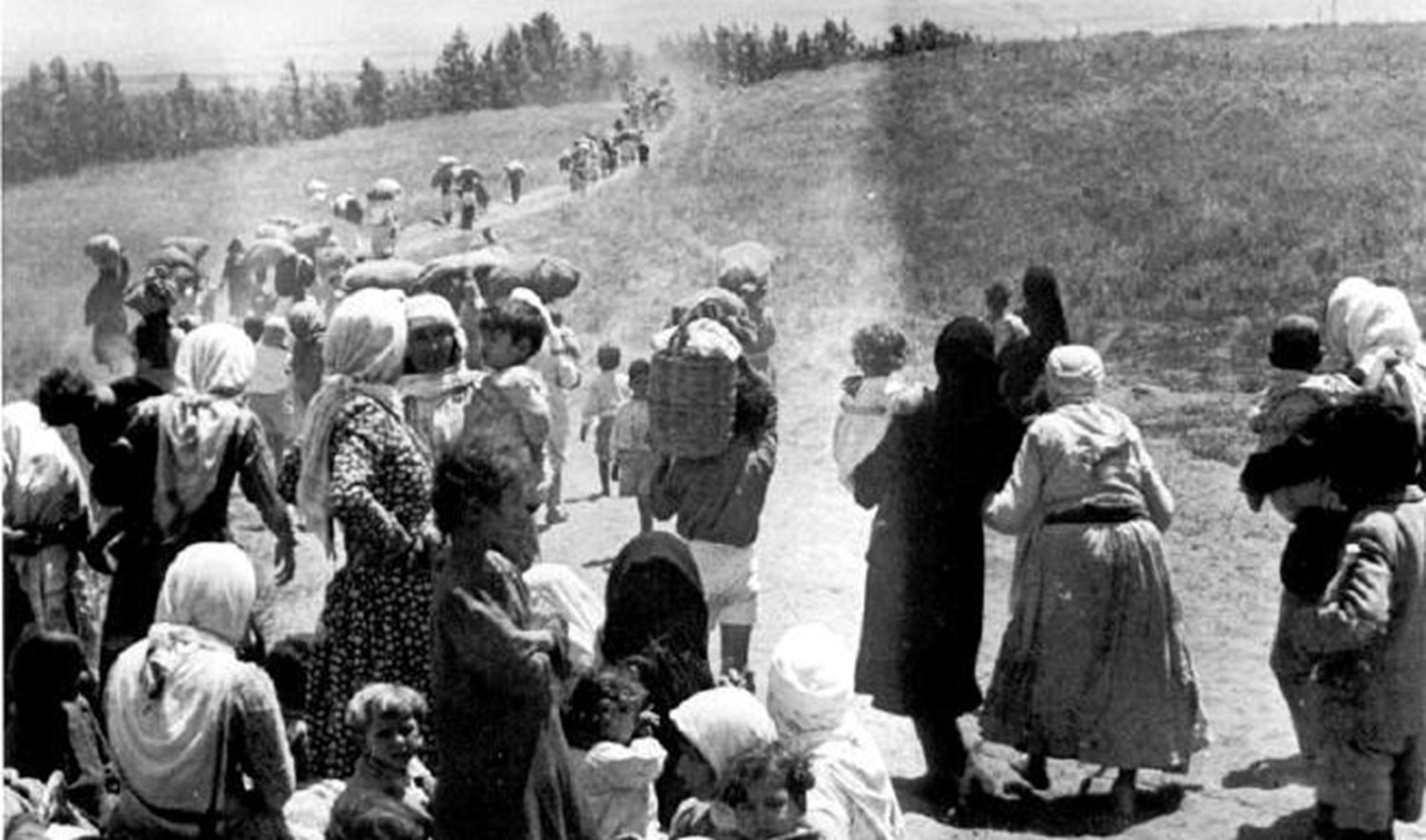Important News
- Israeli forces attack Palestinians with tear gas and stun grenades in Hebron, causing suffocation cases and fire to break out
-

- Elderly sustains injury in colonists’ attack in southern West Bank
-

- Prisoners' organizations: Escalating and systematic violations against Palestinian detainees in Israeli prisons in April
-

- Israeli colonists continue attacking Palestinians, their properties in Masafer Yatta
-

- Palestinian national heritage committee calls on UNESCO to immediately intervene to stop Israeli violations at Sebastia archaeological site
-

- PCBS: 77 years after Nakba, Palestinian population has increased nearly 10-fold
-

- German Government alarmed by developments in Gaza
-

- One killed, others injured in an Israeli airstrike east of Gaza city
-

- Cabinet holds meeting in Tulkarm; PM affirms government continues efforts to alleviate residents' suffering
-

- Israeli forces continue to demolish homes in Nour Shams camp amid ongoing offensive
-

- Armed colonists graze their sheep near Palestinian residents' homes south of Hebron
-

- UN organizations: 2.1 million Gazans face starvation, as Israeli genocide continues
-

ICRC Continues to Address Humanitarian Consequences Stemming from Wall
HEBRON, April 18, 2007 (WAFA) - The International Committee of the Red Cross (ICRC) said it continues to address the humanitarian consequences stemming from the ongoing construction of the West Bank Wall in the districts of Hebron, Qalqilia and Salfit.
In a press release, ICRC said it is particularly concerned about the difficulties experienced by Palestinian farmers in accessing privately owned lands located in the seam zone.
While recalling to the Israeli authorities the illegality of the West Bank Wall when it deviates from the Green Line into occupied territory, the ICRC seeks to minimise the negative impact for the affected communities.
"Eviction problems faced by several Bedouin communities living in "area c" zones throughout the West Bank, particularly in the Jordan Valley, Nablus and Ramallah districts, are being discussed by the ICRC with the relevant Israeli authorities in order to avoid forcible transfers," it said.
In Israel, the Occupied and Autonomous Territories, the ICRC regularly visits detainees falling under its mandate in order to monitor their conditions of detention and the treatment they receive. The observations and recommendations of the ICRC are submitted confidentially to the authorities in charge.
In March, the ICRC said it visited 20 Israeli places of detention, including provisional detention centres, police stations and prisons as well as the weekly visits of the interrogation centres.
The ICRC's family visit programme allows families from Gaza, the West Bank, East Jerusalem and the Occupied Golan to visit relatives held in Israeli places of detention.
In March, 17,925 persons travelled to 27 Israeli places of detention and visited 7,259 relatives in detention, it added.
n the West Bank and Gaza, the ICRC provided mattresses, blankets, kitchen sets, food parcels and other essential items including tents when required to 48 families whose houses were totally or partially destroyed.
In the old city of Hebron (H2), the ICRC distributed 3.600 food parcels and 1800 Hygiene kits to 1.800 families particularly affected by strict closures as well as over 10 kg of extra wheat flour per family for 1.219 vulnerable families.
It has provided 322 food parcels, 298 hygiene kits, 255 kitchen sets and 255 gas bottles and lamps to 329 needy families in the West Bank and Gaza.
The ICRC also paid for 4,867 days of work in various infrastructure or agricultural projects across the West Bank.
During the month of March, the ICRC attended the opening of the Fathi Arafat Centre for Humanitarian Services in Jericho.
The ICRC also participated in the annual meeting of the PRCS Administrative Council and Executive Committee which took place in Cairo, Egypt from 8-9 March.
This latter gathering brought together 60 PRCS representatives from the Palestinian territories, as well as the PRCS structures providing humanitarian and social services among the regional Diaspora in Egypt, Syria, Lebanon and Jordan.
The ICRC continued to support and monitor the periodic passage of PRCS ambulances across the Allenby Bridge in order to facilitate the transfer of patients from the West Bank who require advance medical treatment not available in the Palestinian facilities. The transfers are accomplished with the cooperation of the Jordan Red Crescent.
The ICRC coordinated its material, engineering and logistical support for the victims of the Beit Lahiya sewage spill in Gaza with the disaster response efforts of the Gaza City branch of the PRCS.
A.D (13:15 P) (10:15 GMT)









